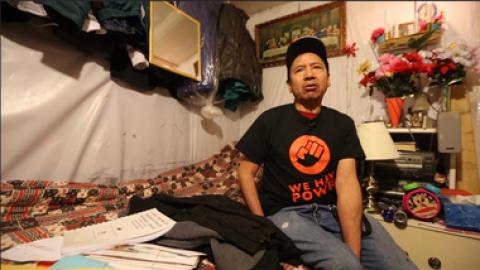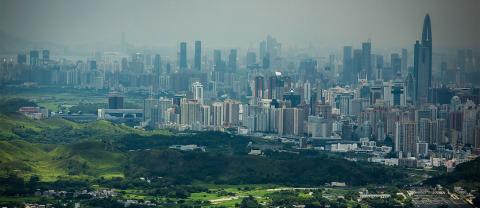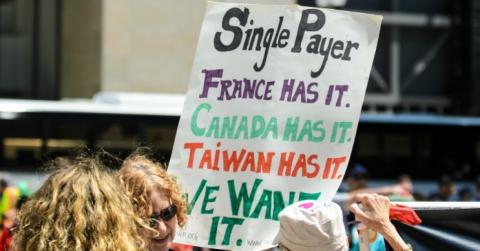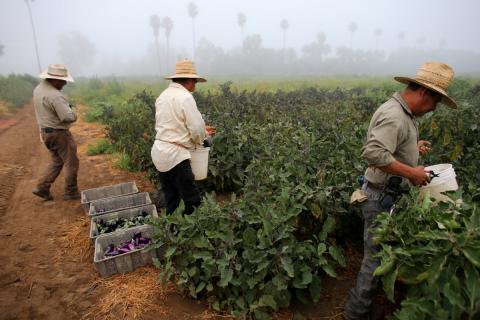The Invisble Workforce: Death, Discrimination and Despair in N.J.'s Temp Industry
NJ.com

The business of providing temps to factories and warehouses is booming in New Jersey, which has one of the highest concentration of temps in the country . But New Jersey's "temp towns" have a dark side. Workers say this sector of the temporary employment industry is rife with mistreatment. They complain about low pay or not being paid at all, rampant racial and sexual discrimination, unsafe working conditions and a system that seems to exploit them at every turn.









Spread the word